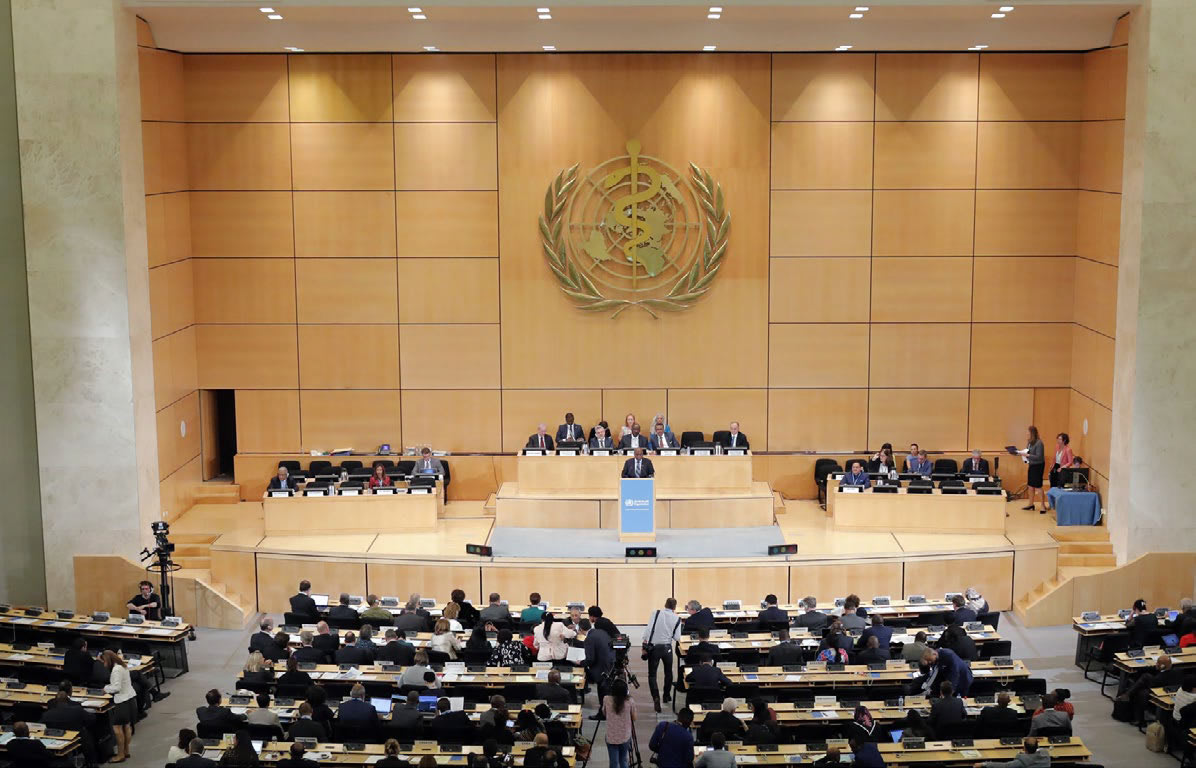
Port-Louis, April 26, 2024 – One Mauritian in three lives with obesity. To address this situation, the Stakeholders’ Roundtable on Actions to Accelerate the Prevention and Management of Obesity presented its roadmap, the Mauritius Acceleration Plan to Stop Obesity 2024-2030, yesterday. The document aims to achieve a 5% reduction in the prevalence of obesity across all age groups by 2030.
Organized by the Ministry of Health and Wellness (MOHW) in collaboration with the WHO Mauritius Country Office, the three-day multisectoral event brought together a cross-section of stakeholders from government, the private sector, civil society and academia to come up with a series of concrete actions to combat the obesity epidemic which affects 36.2% of the population.
The Mauritius Acceleration Plan to Stop Obesity 2024-2030 will now have to be presented to Cabinet for approval, after which it will be implemented using the “100-day sprint” method, a five-phase process devised by the World Health Organization to facilitate its speedy operationalization.
Using an evidence-based approach, the obesity roadmap prescribes a broad range of policy tools – political, fiscal and legal - aimed at tackling what is known as the obesogenic environment which encourages unhealthy dietary lifestyles.
As a key risk factor for a host of noncommunicable diseases (NCDs), such as Type 2 diabetes, cardiovascular diseases, and certain types of cancer, among others, obesity represents a significant public health burden in a country where NCDs account for 80% of the disease burden and 85% of mortalities.
Obesity is also taking an increasingly heavy financial toll on the country’s finances. In 2019, the direct and indirect costs attributed to obesity and overweight were estimated to amount to around Rs18.1 billion, or 2.78% of GDP. According to forecasts by the Global Obesity Observatory, the economic costs associated to obesity and overweight could rise to 4.6% and 8.89% of GDP by 2030 and 2060, respectively.
Recommendations contained in the Mauritius Acceleration Plan to Stop Obesity 2024-2030 include: the regulation of marketing of unhealthy food, policies to incentivise local food production linked to public food procurement, an increase in the taxation of sugar sweetened beverages and its extension to other unhealthy foods, the reinforcement of physical activity in all educational settings, the integration and scaling up of obesity prevention and management health services at primary health care level, and a behavioural change communication campaign at community level.
The stakeholders’ roundtable was facilitated by a team of WHO experts in the fields of fiscality, data, public health law, nutrition and food safety. The implementation of the roadmap will benefit from the close support of the WHO’s Division of UHC/Healthier Populations and Division of Data, Analytics and Delivery for Impact.
Indeed, following the country’s success in tobacco control -- in 2023, Mauritius became the third country in the world to adopt all of the WHO’s MPOWER measures to reduce tobacco use at best practice level – it was chosen to be part of the WHO’s Healthier Populations Billion: Delivering Impact programme, becoming one of only six countries in the world, and the only one in the WHO Regional Office for Africa (AFRO).
In her opening address, the WHO Representative, Dr Anne Ancia, cited Mauritius’ experience in tobacco control as a potential foundation for further public health gains: “We know that Mauritius has the political will, as well as the know-how, to accelerate the fight against NCD risk factors in a multisectoral and holistic manner. And this roundtable on obesity is further proof of Mauritius’ commitment to tackle the NCD problem. Today we are talking of another opportunity to replicate this expertise and to invest the necessary willpower to tackle other NCD risk factors, such as unhealthy diets.”